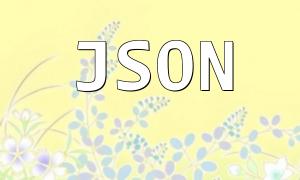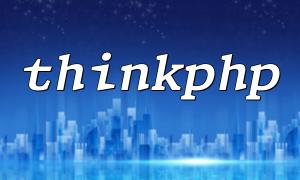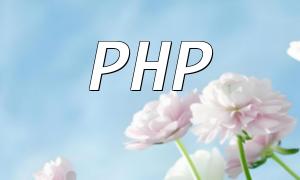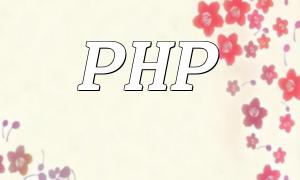In today's software development landscape, PHP is a widely used server-side programming language with various frameworks available for developers. PHP frameworks can generally be divided into two categories based on their release model: open-source frameworks and commercial frameworks. Community support is an important factor developers consider when choosing a framework. This article will explore the differences in community support between open-source and commercial PHP frameworks.
Open-source PHP frameworks like Laravel, Symfony, and CodeIgniter are not only available for free but also benefit from strong community support. The open-source nature of these frameworks allows developers to contribute to everything from feature development to documentation and even core code modifications, all of which are vital aspects of community support.
Open-source frameworks typically have very active developer communities. Developers can engage in discussions on platforms such as community forums, Github Issues, Slack, or Discord. This dynamic exchange environment means that issues are quickly addressed, and developers can receive help and advice within a short period of time. For example, on Laravel’s official forum or GitHub repository, developers can find a wealth of tutorials, best practices, and countless third-party plugins.
// Example: Using Laravel's Eloquent ORM
$user = User::find(1);
Open-source frameworks typically offer comprehensive and detailed documentation. The documentation covers topics ranging from basic to advanced, allowing developers to find suitable learning materials for different levels of expertise. Moreover, open-source communities often create video tutorials and blog posts to further enrich the available learning resources. For instance, Symfony’s official website offers thorough documentation and a large number of community-contributed tutorials, covering a variety of common issues.
In contrast to open-source frameworks, commercial PHP frameworks are typically created and sold by companies. While this model may offer certain quality guarantees, the structure and extent of community support usually differ significantly from open-source frameworks.
Commercial framework development is usually constrained by company policies, and the employee-driven community support may not be as flexible as that of open-source projects. Even though developers can communicate with other users through forums or emails, many problem resolutions rely on responses from the company’s internal team. As a result, developers often face delays and limited information when seeking help.
// Example: Code using a commercial framework
$user = BusinessFramework::getUserById(1);
Commercial frameworks typically offer official technical support. While this support can help resolve issues quickly, it often comes at a cost. For long-term projects, commercial frameworks are advantageous due to their stability and ongoing maintenance. However, developers' deep understanding of the framework may be limited to official guidance, and they may miss out on the diverse experiences and knowledge shared by the open-source community.
When selecting a PHP framework, developers need to consider the project requirements and the team's capabilities to decide whether to use an open-source or commercial framework. If a project requires rapid development and flexible feature iteration, the robust community support of open-source frameworks provides a strong backing. For enterprise-level projects, although commercial frameworks offer official support, high stability, and security, the limited community involvement and fewer resources may restrict developers’ experience with the framework.
In conclusion, both open-source and commercial PHP frameworks offer distinct advantages and drawbacks in terms of community support. Open-source frameworks rely on active communities and extensive learning resources to provide continuous support to developers. On the other hand, commercial frameworks ensure long-term project stability through official support and maintenance. Developers should weigh their needs carefully to select the most appropriate framework to support their project development.










